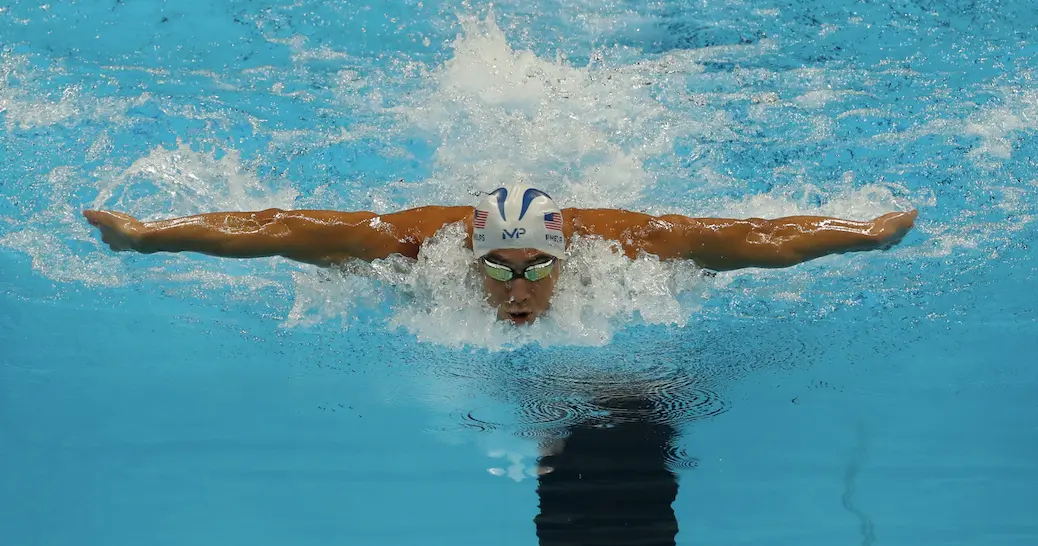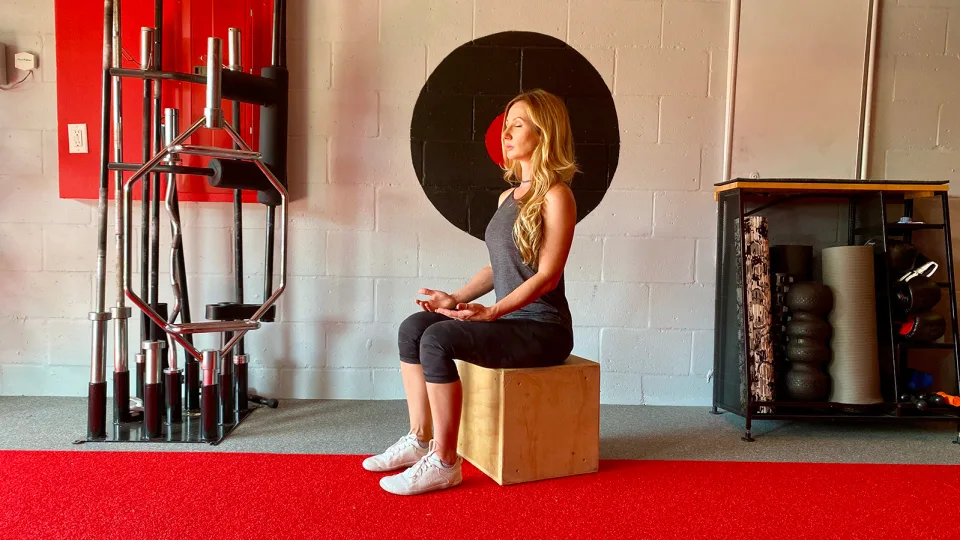A growth mindset boosts persistence, focus, and confidence, unlocking your full potential. Embrace challenges and incorporate mental strategies to excel.
Have you ever noticed how some competitors thrive under pressure while others falter? The key often lies not only in physical training but also in an equally powerful factor—mindset. Today, we’ll explore how your mental framework can profoundly affect your athletic performance and what steps you can take to enhance it for better outcomes on the field, court, or track.
The Influence of Mindset in Sports
Understanding Mindset
Mindset is more than just a trendy term; it’s a fundamental aspect that shapes your training and competitive approach. Psychologist Carol Dweck’s concepts of “fixed” versus “growth” mindsets provide a great foundation. Athletes with a fixed mindset perceive their abilities as unchangeable, often avoiding challenges and fearing failure. Conversely, those with a growth mindset view their skills as improvable through effort and persistence, fostering resilience and a willingness to tackle obstacles head-on.
Mindset’s Impact on Performance
A positive, growth-oriented mindset can elevate performance in several ways:
- Increasing Persistence: Challenges become learning opportunities rather than roadblocks.
- Enhancing Focus: A clear and focused mind helps athletes concentrate on their goals without getting distracted by setbacks.
- Boosting Confidence: A belief in the ability to improve fosters self-confidence, which is essential during high-stakes moments.
Developing a Winning Mindset
Cultivating a beneficial mindset takes time and dedication, but it is achievable. Here are some practical strategies to get started:
- Set Process Goals: Focus not only on outcomes but also on goals related to skill enhancement and execution.
- Practice Mindfulness and Visualization: These techniques help maintain focus and prepare your mind for success by visualizing your desired performance. Manifestation has long been practiced for its practical applications in achieving goals.
- Embrace Challenges: Approach each difficulty as a chance to grow stronger and more skilled.
- Seek Feedback: Constructive criticism is vital for growth. Welcome feedback from teammates, coaches, and mentors without taking it too personally.
Real-World Examples of Mindset Influence

Many elite athletes credit their mental training for their success. For instance, Michael Phelps extensively used visualization techniques to prepare for races, contributing to his Olympic triumphs. Serena Williams’ remarkable comebacks showcase a mindset centered on resilience and continuous improvement.
Conclusion: Mastering Your Mental Game
Mindset is nearly as crucial as physical strength and skills in athletics. By understanding and fostering a growth mindset, athletes can unlock their full potential and achieve remarkable successes. Incorporating these mental strategies into your training routine can revolutionize your performance and elevate you to new levels of athletic accomplishment.




